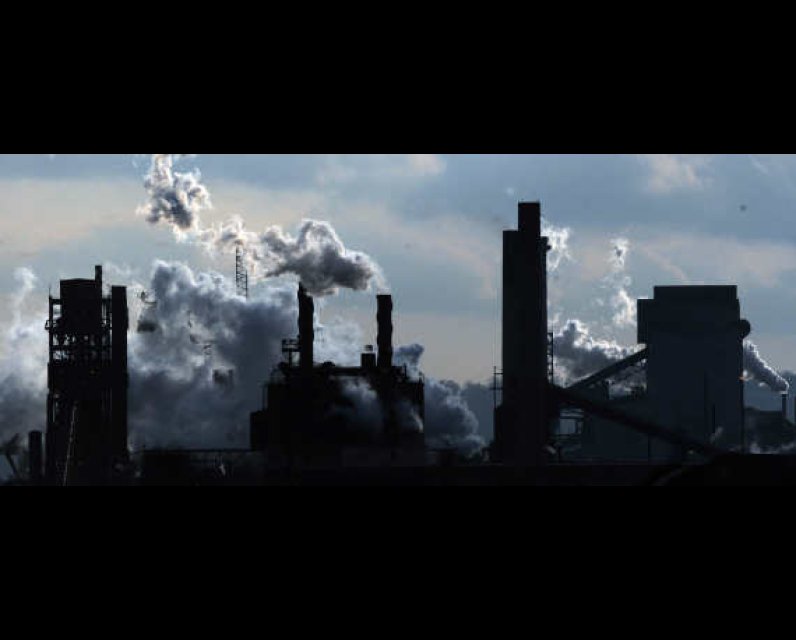Unpublished Opinions
A leading advocate for independent businesses, local food and sustainable communities, Mike Schreiner is well known for his leadership in co-founding the award-winning Local Food Plus organization. He brings a proven track record in business and non-profit leadership roles to the Ontario political scene. Schreiner was elected leader of the Green Party of Ontario (GPO) on November 14, 2009. Schreiner, a 43-year old father of two, started his career in the Guelph region as an entrepreneur and advocate in the local food movement. As co-founder of WOW Foods, an award winning local organic food distribution company, Schreiner worked for over 10 years to connect local farmers with consumers in the GTA and Guelph. His business was awarded the Citizen’s Bank of Canada Ethics in Action Award for socially responsible business and the Toronto Food Policy Council’s Local Food Hero Award. He is also co-founder of Earthdance Organics, a Guelph-based food production business that supplied area health foods stores and farmer’s markets in the early 2000s. Building on that success, he helped establish Local Food Plus (LFP), a non-profit that brings farmers and consumers together to promote financially, socially and environmentally sustainable local food systems. While at LFP, the organization won the Canadian Environment Award for Sustainable Living, a Green Toronto Award of Excellence--Health Category, a Green Toronto Award of Excellence--Market Transformation Category and NOW Magazine’s Best of Toronto Award for best new environmental initiative. Family and community are important to Mike. His wife Sandy and their two daughters are active, spending their free time gardening, hiking, fishing, cycling and volunteering in community activities.
Green Party Leader Mike Schreiner: Climate Change Is Nature's Tax On Everything

I'm outraged. Like you, my cost of living is going up. Home insurance premiums are up due to extreme weather. Food prices are up due to extreme drought. Taxes are up to pay for infrastructure that's been destroyed by ice storms and flooding.
This climate thing is starting to cost -- a lot. Nature's response to our pollution is like a tax on everything.
Since carbon pollution keeps getting worse, nature is digging even deeper into my pocket. So, what is government going to do to put an end to this cash grab?
Ontario is taking a small step toward reducing the problem by introducing a price on carbon pollution, as a way to make the polluters -- not the public -- pay for the costs of burning carbon. And while I don't think the Liberals chose the best, most effective way to price carbon, at least they have done something.
The Liberal plan ignited outrage on talk radio, social media and in some papers because the price of gasoline will increase by 4.3 cents per litre and the price of natural gas for home heating by $5 per month.
Let's put the cost to consumers of cap-and-trade in perspective. Gasoline prices are over $.30 per litre cheaper today than just six months ago and are at the lowest they've been since the 2008 recession. Likewise, natural gas prices are at one of their lowest levels this century.
If you want to be outraged by the Liberals' cap and trade plan, why not focus on the free ride many big polluters will receive? Or, you could hammer the government for being too timid given the scale of the climate crisis. Ontario's estimated price for carbon pollution of $18 per tonne is weak compared to BC's $30 per tonne price or even Alberta's $20 per tonne.
Scientists have proven that man-made climate change is causing a global crisis. The cost of inaction is in the billions and growing.
Instead of being upset with small increases in the price of pollution, why not be outraged with those who want to pollute for free?
Market economics tell us that the best way to address the crisis is to put a price on pollution. By creating proper price signals, markets will provide incentives and disincentives for businesses and consumers to make low carbon choices.
It's simple: raise prices on "bads" -- pollution -- and lower the cost of "goods" -- low carbon products and services. Businesses and consumers will choose to save money by consuming less carbon. You can take transit, ride a bike or drive a low emission vehicle; insulate your home and use a high efficiency furnace; and buy local goods with less transportation costs for example.
Nature's climate tax, on the other hand, is hard to avoid. You still have to eat even if climate disruptions have damaged most of your crop. When a flood destroys your home and essential infrastructure like electricity wires or transit tracks, it's almost impossible to avoid spending big money to replace it. And then you pay more to insure it.
Instead of being upset with small increases in the price of pollution, why not be outraged with those who want to pollute for free? Why not criticize your elected representatives for not doing more to stop nature's tax on everything?
I would rather pay a price to pollute -- or better yet, choose to avoid paying by not polluting--than be forced to pay nature's unavoidable climate tax.



Comments
Be the first to comment